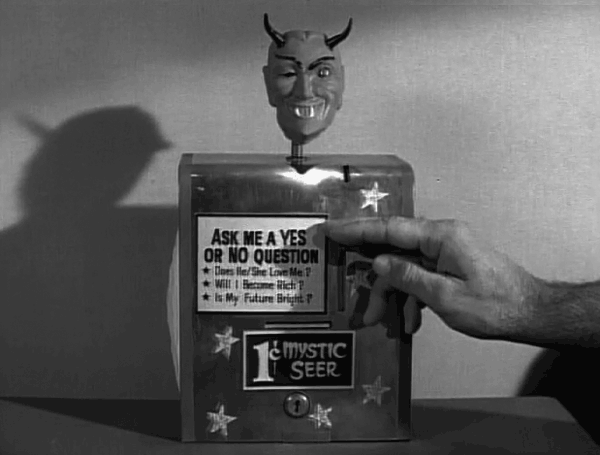- Answers we’re given save us precious time, but solutions we find on our own seem to be absorbed more deeply, and the errors we make while searching often yield unintended discoveries.
- What if there eventually is an answer machine that’s a quantum leap beyond current search engines and voice-enabled digital assistants? What if the cloud is tapped in such a way so that answers rain down on us? If we don’t destroy ourselves first, it will almost surely emerge. I think accidental discoveries would still be part of the process, but the balance of power will shift.
- Norman Mailer pursued subjects as grand as his ego, and it was the Apollo 11 mission was sobering for him–the Moby Dick to his Ahab. He knew the beginning of space voyage was the end, in a sense, of humans, or, at least, of humans sitting in the driver’s seat. As we soared higher than ever before, we were lowered.
- Freestyle chess, in which human and computer teams outperform a single human or a single computer, is currently thought of as a model for future collaboration between people and machines, but it isn’t likely to broadly work that way. In many valued skills, machines will be kings and we’ll be pawns. We won’t be leading the way but instead working from data trail left behind by supercomputers. That will lead to great innovations and also be very dangerous.
Kevin Kelly, who’s asserted that “we’re constantly redefining what humans are here for,” believes the ETA of answer machines is very near, and the best we’ll be able to do once they arrive will be to ask better questions. Until, that is, we’re also relieved of that duty. From a short Kelly essay at GE Reports based on The Inevitable:
Today we have rapidly improving technology to answer our questions. We have Siri on our phones and Alexa in our homes. We have Google, Bing and Baidu getting smarter every day. Very soon we’ll live in a world where we will be able to ask the cloud, in conversational tones, for free, any question at all. And if that question has a known answer, the machine will explain it to us, again and again if need be.
Yet, while the answer machine can expand instant answers infinitely, our time to form the next question is very limited. There is an asymmetry in the work needed to generate a good question versus the work and speed needed to absorb an answer. While answers become cheap, our questions become valuable. This is the inverse of the situation for the past millennia, when it was easier to ask a question than to answer it. Pablo Picasso brilliantly anticipated this inversion in 1964 when he told the writer William Fifield, “Computers are useless. They only give you answers.”
There is great opportunity and a lot of money to be made in developing new technologies to provide instant, cheap, correct answers to the world’s billions of questions every minute. Billions of dollars of VC investment are pouring into startups for machine learning and artificial intelligence. Answers are on their way to becoming a commodity. It will not be an exaggeration to say that if you want an answer in the future you will ask a machine. It will deliver a great one for free.
The role of humans, at least for a while, will be to ask questions. To ask a great question will be seen as the mark of an educated person. A great question, ironically, produces not only a good answer, but also more good follow-up questions! Great question creators will be seen, properly, as the engines that generate the new industries, new brands and new possibilities that our restless species can explore. A good question is worth a million good answers. Questioning is simply more powerful than answering. If answers indeed become a commodity, questions become the new wealth.•
Tags: Kevin Kelly

